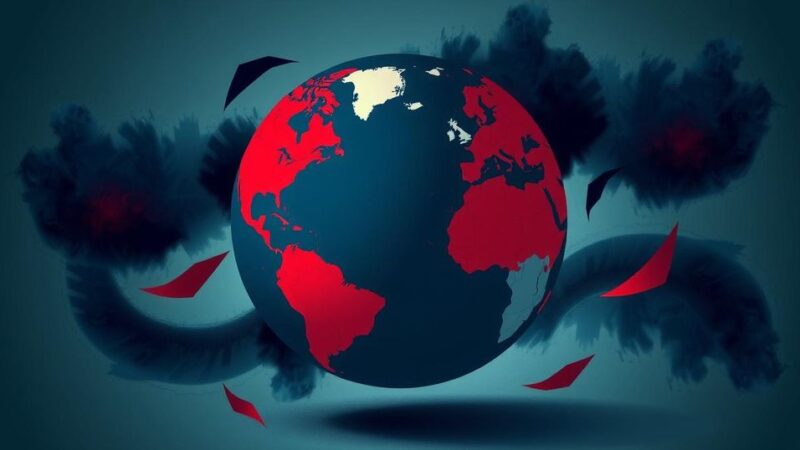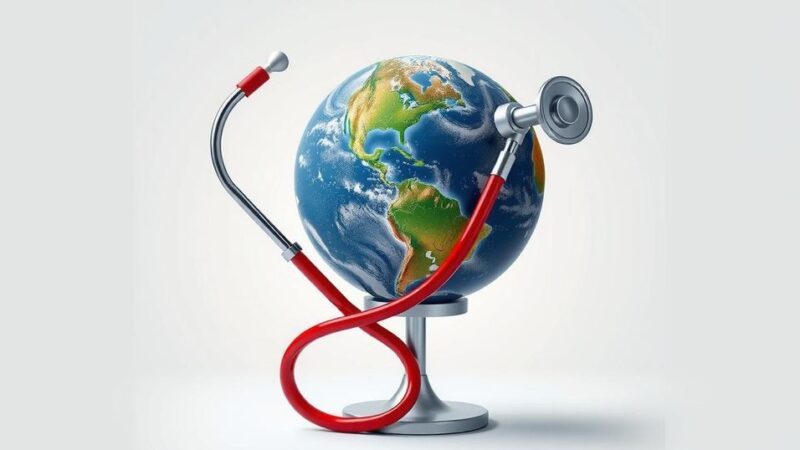Tropical Cyclone Chido struck Mozambique on December 15, 2024, causing heavy rains and winds, affecting over 174,000 people. The cyclone led to at least 34 deaths and significant damage to homes and infrastructure. Emergency response efforts are challenged by limited resources, with an urgent need for food, shelter, and medical assistance in the worst-hit provinces of Cabo Delgado, Nampula, and Niassa.
On December 15, 2024, Tropical Cyclone Chido impacted Mozambique, causing catastrophic damage with rainfall exceeding 250 mm in 24 hours and winds reaching 120 km/h. The cyclone affected the provinces of Cabo Delgado, Nampula, and Niassa severely, while moving on to Malawi and Tete. An estimated 174,000 people are affected, with at least 34 fatalities and 319 injuries reported. The storm resulted in significant destruction, including over 35,000 houses, nine schools, and ten health facilities. Aid efforts are hampered by limited supplies, although the Emergency Relief Coordinator allocated US$4 million to support the immediate humanitarian response. Reports indicate urgent needs for food, shelter, medical supplies, and protection measures for vulnerable populations, particularly women and children.
Tropical Cyclone Chido made landfall in Mozambique, affecting the region with intense weather conditions, including heavy rainfall and strong winds. As seen in previous storms, natural disasters in this region often lead to widespread social and infrastructure challenges. The areas of Cabo Delgado, Nampula, and Niassa are among the most affected due to geographical vulnerabilities and existing socio-economic issues. The situation escalated due to existing cholera outbreaks and infrastructural weaknesses, complicating humanitarian responses and necessitating comprehensive support initiatives to address the immediate and long-term needs of the affected communities.
In summary, Tropical Cyclone Chido has led to a significant humanitarian crisis in Mozambique, affecting over 174,000 individuals and causing considerable infrastructure damage. Immediate needs include food, shelter, and medical assistance, particularly for vulnerable groups. International aid, while initiated, is currently constrained by resource limitations. Long-term recovery will require coordinated efforts to restore community infrastructure and provide adequate support to those affected by the cyclone’s devastating impact.
Original Source: reliefweb.int






